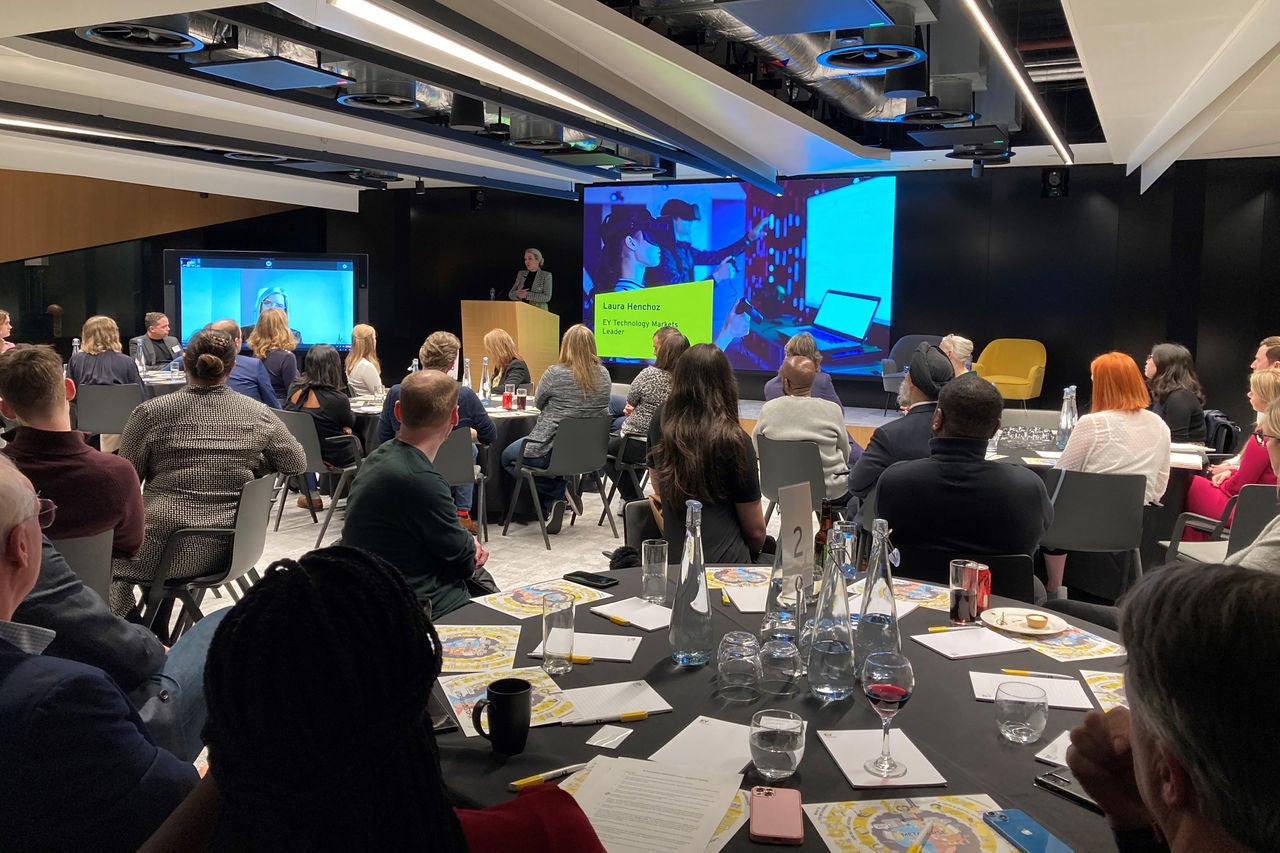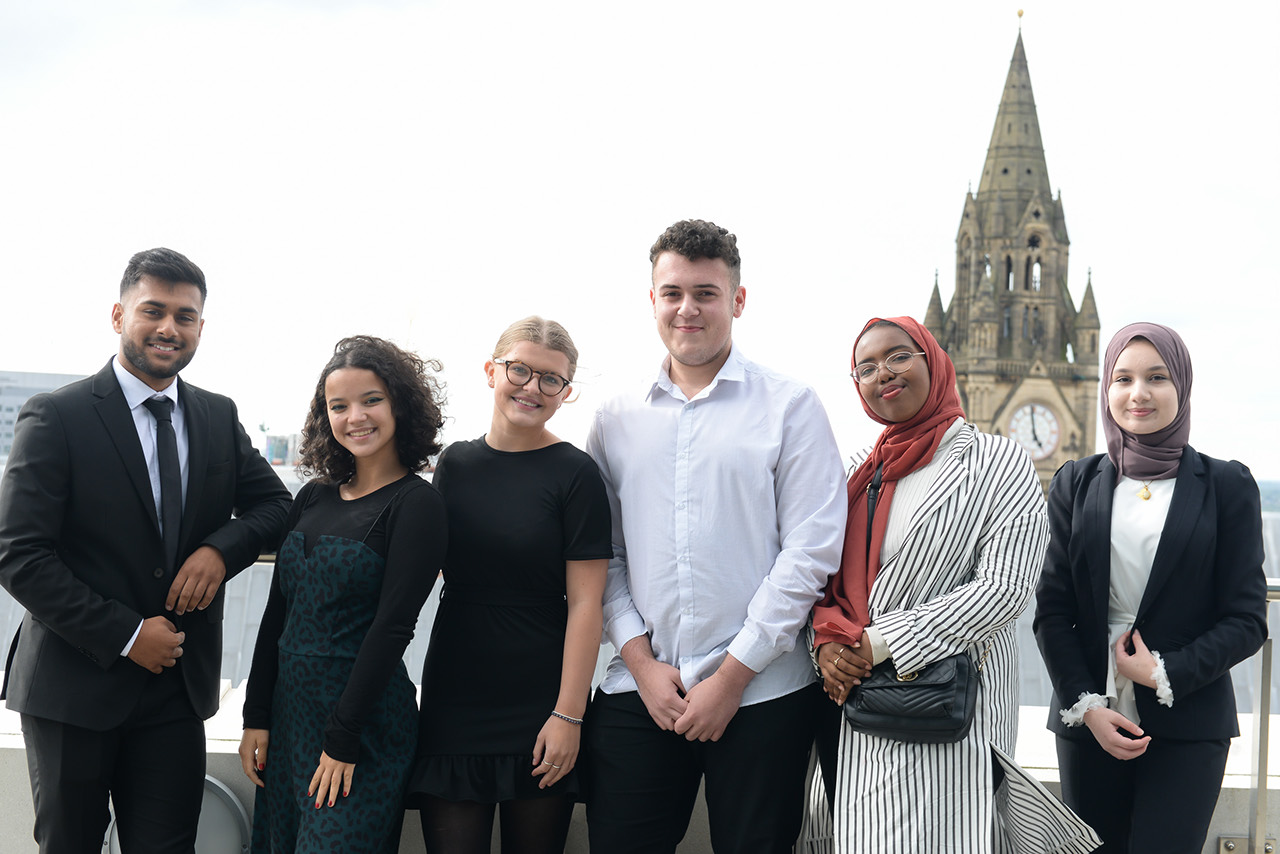The EY Foundation is a charitable company registered in England and Wales and Scotland with registered charity number 1157154 and SC045076. It is also a member firm of Ernst & Young Global Limited

Last week, the EY Foundation and EY combined to run an event (presented by Laura Henchoz, Edwina Fitzmaurice, and Maria Owusu-Mensah) – examining how the metaverse might transform the future of work.
Specifically, it was an opportunity for the audience – including business, young people, government, and charities – to explore the potential impact on young people from a low-income background (building on the themes raised in this article).
The questions sitting at the heart of the discussion: Will the metaverse promote or impede social mobility? Is it likely to become a utopia or a dystopia?
One comment that struck a chord came from Abid, a member of the EY Foundation's Youth Advisory Board. His point was that the metaverse is just one example of a new technology. And technology should be regarded as a tool, which isn’t inherently good or bad. It is how people decide to use them that determines whether its impact is positive or negative.
It’s an important insight, highlighting that whenever a new technology emerges, we shouldn’t simply sit back and let its impact unfold. The challenges the UK government has faced introducing its first Online Safety Bill, is a good example of how much harder it is to retrospectively tackle the potential consequences of new technologies.
Abid’s point also highlights that this isn’t a conversation that begins and ends with the metaverse. Whatever it does or doesn’t become, there will be other society-changing technologies that emerge in the future.
This isn’t a conversation that begins and ends with the metaverse. Whatever it does or doesn’t become, there will be other society-changing technologies that emerge in the future.
In response, we will need to shape the implementation of a whole range of innovations – those that exist today and those still to be invented – to ensure they improve the way we live together. Yes, we must fully engage in the metaverse, but we must also look ahead to identify the potential impact of new technologies as they appear on the horizon.
Recently, Chat GPT, the supercharged chatbot platform, has brought awareness of AI further into the mainstream, and just this month, the Bank of England issued a consultation on the digital pound, which could have privacy and accessibility implications, depending on the design choices made.
There are also fast developing areas of new technology like quantum computing, which is hard enough to understand, let alone grasp how they might impact social mobility. But this only amplifies the urgency to engage.
Stepping back, in addition to focusing in on the next big technological breakthrough, perhaps what is needed is a mindset open to change, constantly ready to examine how the latest innovation can be harnessed for social good.
Examples of how we be doing this at the EY Foundation include an artist-led project to uncover the hidden implications of the metaverse and working with technology leaders to identify how the latest innovations could impact social mobility. If this approach sounds of interest to you, we welcome the opportunity to discuss further.


